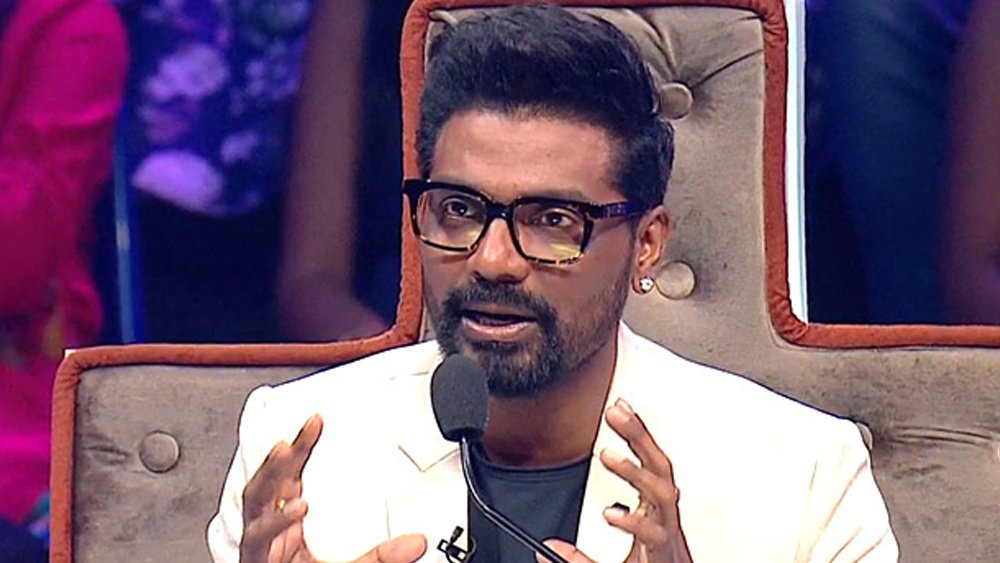The European Central Bank continues to provide very favorable financing conditions in 2021.
–
The European Central Bank (ECB) has once again delivered on its promises and, as expected, is relying on its preferred instruments to recalibrate its monetary policy. This includes the purchase of bonds under the Pandemic Emergency Purchase Program (PEPP), long-term targeted tenders, a longer reinvestment period in the PEPP and the willingness to ” adjust monetary policy instruments if necessary. This comprehensive package is designed to ensure very favorable financing conditions in the capital markets and in long-term loans. Ultimately, this is also necessary because of the ECB’s more pessimistic view of the economy.
The increase in the envelope of the Emergency Pandemic Purchase Program (PEPP) by 500 billion euros and the extension until March 2022 seem particularly generous and should therefore be considered as a kind of bonus for ‘insurance. With the current unused PEPP volume and the slower pace of bond purchases since the summer, there is sufficient funds available to respond to risks with the necessary flexibility. This should give the market security until the end of 2021. As to whether the entire envelope will actually be needed, that is less important. What is important, however, is the signal from the ECB that it has enough ammunition to keep all options open and that it will be able to respond quickly.
The assessment of exchange rate developments was eagerly awaited after the euro broke the threshold of $ 1.20 per euro. The ECB has stressed that it will closely monitor the development of exchange rates and their impact on inflation, which should be a sufficient signal for the currency markets. It is obvious that the ECB would not be comfortable with a further appreciation of the euro, as this would mainly put pressure on the already moderate trend of inflation. Inflation has already been slowed by the new containment, although the economic impact should be less severe than in the spring. Nevertheless, the central bank paints a very cautious picture of economic developments. Growth forecasts for 2021 have been revised downwards, as has the trajectory of inflation. For 2023, too, the ECB expects inflation to rise by just 1.4%, once again missing the target. In this context, President Lagarde has repeated on several occasions that the priority will remain to ensure very favorable financing conditions for the entire economy in the long term. This ultimately means that the ECB will remain expansionary and that bond buying will continue. What started as a novelty in 2015 with government bond purchases has long since become the “new normal”.
–


